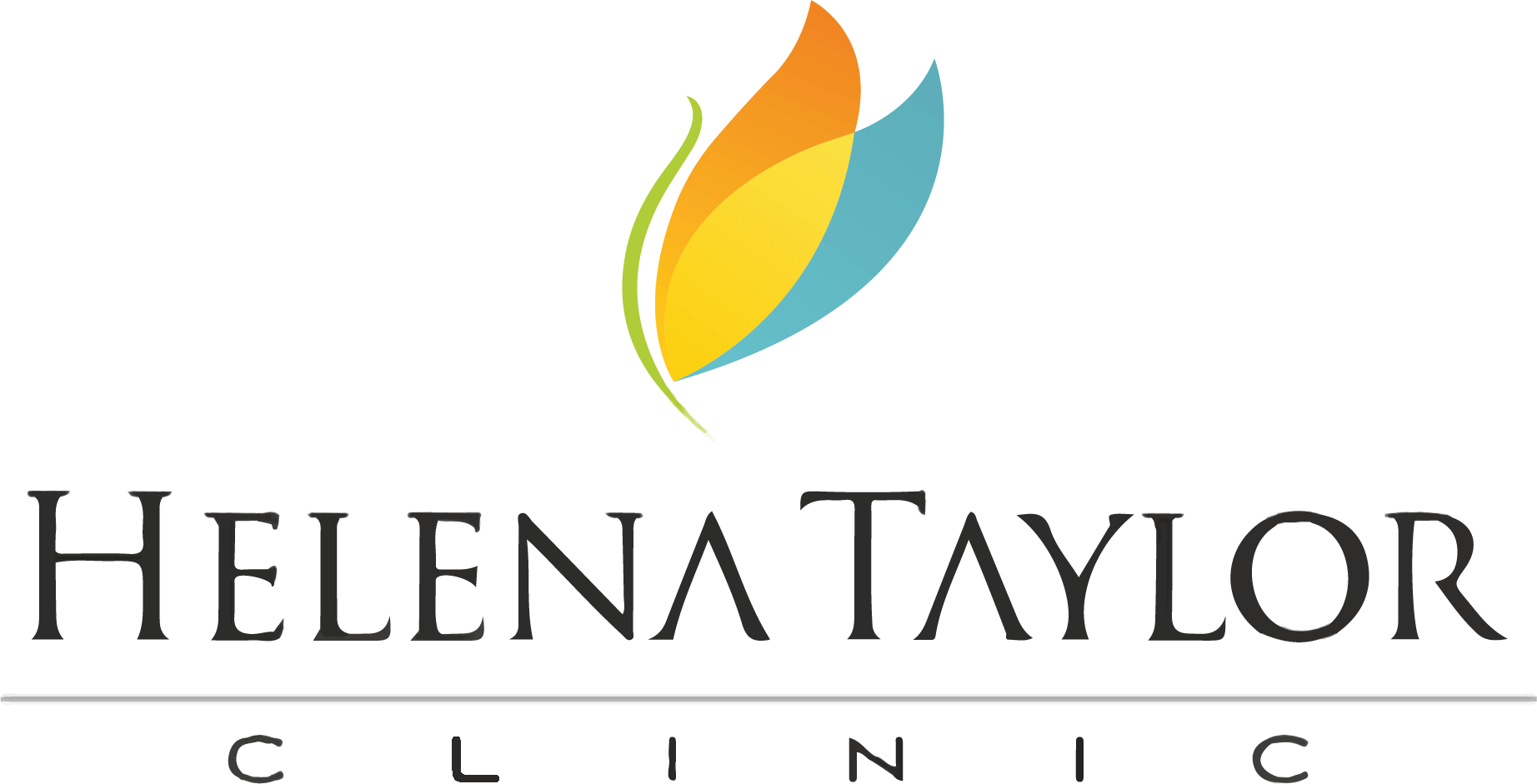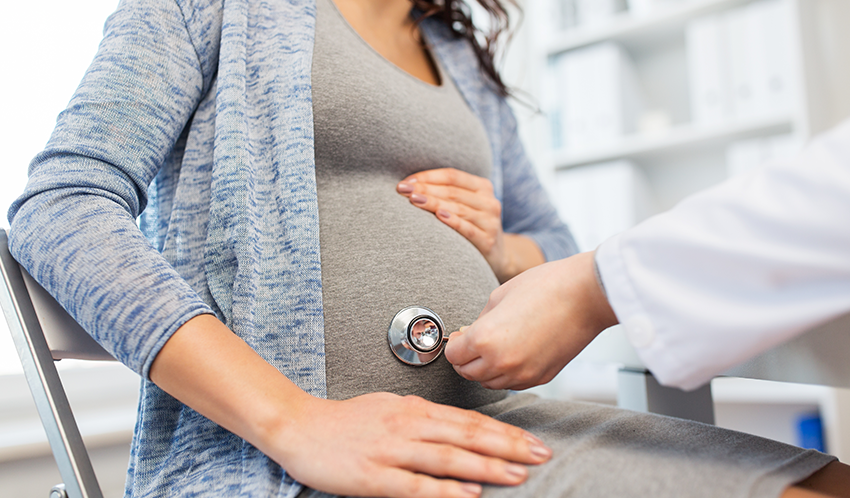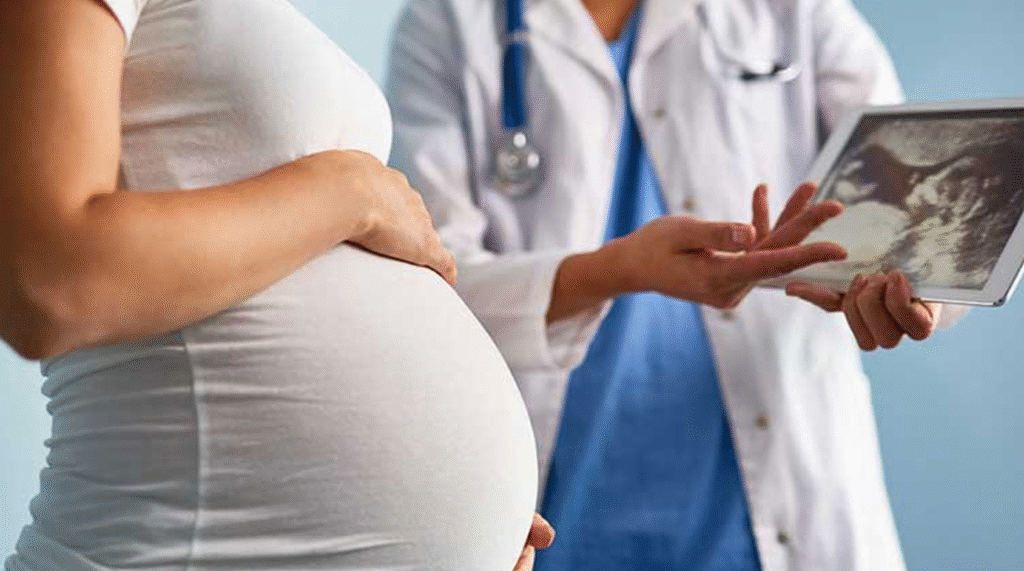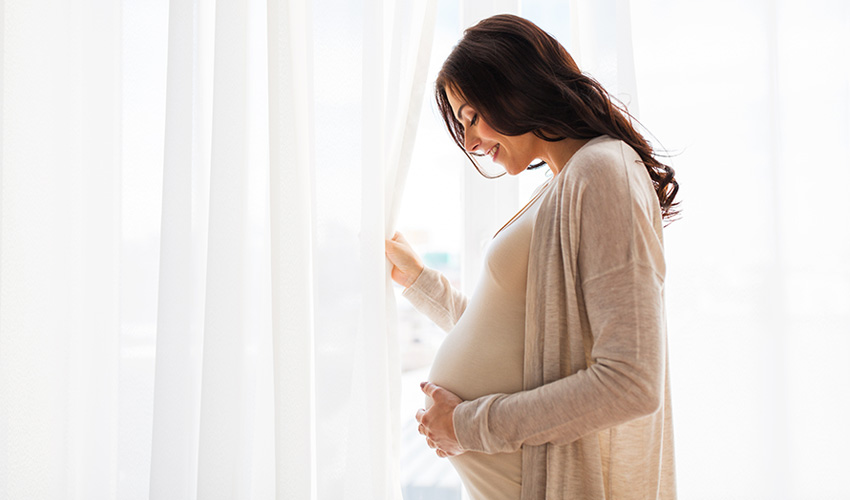The 7 Most Common High-Risk Pregnancy Complications (And How We Manage Them)
After 30 years in obstetrics, I’ve successfully managed these complications hundreds of times. What feels like a crisis to you is routine care for me.
The 7 Most Common High-Risk Pregnancy Complications (And How We Manage Them) Read More »










